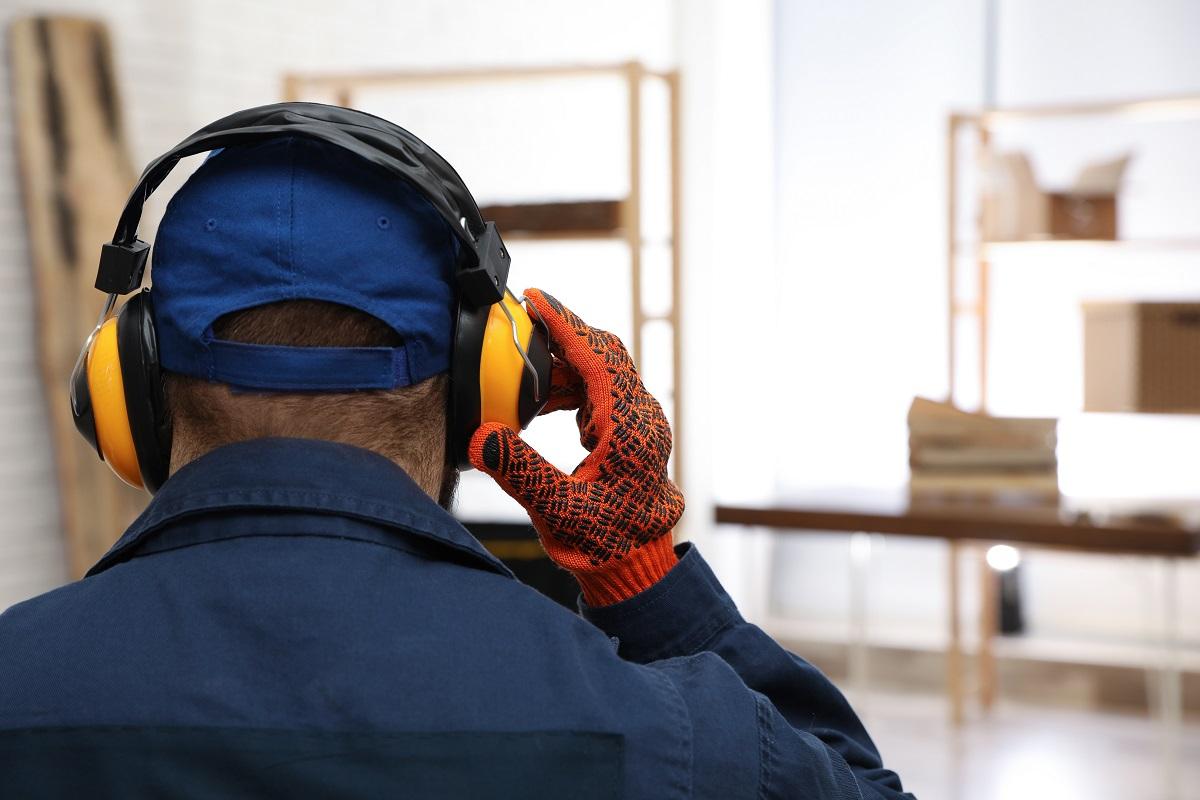We don’t always want to go to work but it’s how we feed ourselves and support our families. In the best case scenario, our work even defines us and inspires what we do. Regardless, most Americans spend a large portion of their life working – eight hours or more, often five days a week, year-round. With this often comes exposure to loud sounds at work. The constant exposure which comes with those of us in a worksite for extended and steady amounts of time can lead to serious health issues when not addressed properly with the appropriate safety protocol
Occupational Hearing Hazards
It’s estimated that average person in the US will spend one third of their life at work. That’s an estimated 90,000 hours at work over a lifetime! While the Occupational Safety and Health Administration (OSHA) has instilled safety protocol for all worksites where sound consistently surpasses safe listening thresholds. This includes constant measuring of the sound levels in workplaces and the offering of hearing protection provided to all workers at no cost to their own. However, it is up to each employee to wear that hearing protection consistently and correctly.
The Center for Disease Control and Prevention (CDC) estimates that hearing loss is the third most common chronic physical condition affecting adults in the United States. This is believed to be connected to high rates of sound exposure in jobsites and professions across the US. The CDC reports that around 22 million employees in the US are working in hazardously noisy conditions annually. Alongside loud levels of noise is also, damage due to exposure of ototoxic chemicals which can damage the inner ear if unregulated.
Noise Induced Hearing Loss at Work
The level of sound is measured in decibels. When sounds exceed a threshold of 85 dBA for eight hours or more, your hearing is at risk. Therefore, the classic, eight-hour work shift puts so many Americans at risk for hearing loss. However, as the decibels rise past the threshold for safe listening, the time it takes for damage to occur, becomes shorter, rather quickly. For every increase in three decibels, the time it takes for damage to occurs shrinks in half. For instance, at 88 dBA of consistent exposure, it only takes 4 hours to damage hearing. By the time a sound reaches 95dBA, it can take under an hour.
We hear via tiny hair-like cells which send audio information to our brain. When these cells are exposed for too long for sound which are too loud, they can shatter against the cell membrane which houses them, causing chronic hearing issues.
Professions Where Hearing is Most at Risk
When most people think of loud professions, they immediately go to construction work. However, other commonly loud professions, include farm work, carpentry, first responders and manufacturing. Even if you don’t work in one of these high-risk jobs, your job could still be putting your hearing at risk. For instance, if you work in a busy office setting, with multiple conversations at once, all day, the decibel level can quickly rise. While a normal conversation can range from 40 to 60 dBA, imagine when multiple conversations occur at once. You may have to raise your voice without realizing it. If you struggle to hear someone talk who is three feet away or less, then it’s loud enough to be damaging your hearing. Other clues that it’s too loud include:
- Noise feels aggravating or even painful in your ears.
- You experience tinnitus, a ringing in your ears after work.
- You’ve started noticing the signs of hearing loss.
Protect Your Hearing with PPE
It’s important to note that noise-induced hearing loss is preventable! Once you identify that your hearing is at risk, the next step is to commit to wearing tightly fitting hearing protection every day. You may want to invest in custom fitted hearing protection to make sure you have a consistently safe fit.
Is it Time to Treat Your Hearing Loss?
If you suspect that your hearing may be damaged due to exposure at work, it’s time to act now. While hearing loss is permanent, it can be treated with hearing aids. To find out more, contact us today to schedule a hearing exam. We can get to the bottom of a hearing loss and find the best solution for you!

